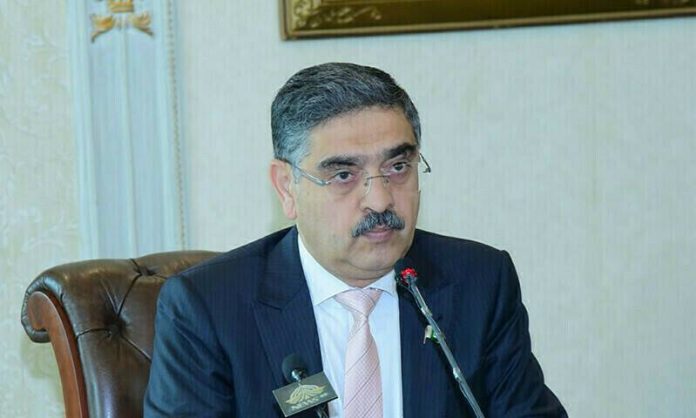Pakistan’s Caretaker Prime Minister, Anwaar-ul-Haq Kakar, is navigating the country’s economic challenges by seeking assistance from key allies. His recent appeal to China and the UAE to extend the repayment period for a $2 billion loan reflects the urgency in managing Pakistan’s financial obligations.
In a letter to the Chinese Premier, PM Kakar expressed gratitude for China’s ongoing financial support amid economic difficulties. This request follows a similar plea to the UAE, where PM Kakar sought an extension for loan repayment, demonstrating the multi-pronged approach Pakistan is adopting to address its economic concerns.
The likelihood of China agreeing to extend the loan repayment for a year suggests a cooperative stance from Beijing, which has previously demonstrated commitment by rolling over $2 billion in debt last year. This financial assistance has been crucial for Pakistan to meet critical payments to the International Monetary Fund (IMF).
China’s consistent support is evident in statements made by Chinese Foreign Minister Qin Gang during his visit in May 2023, reassuring Beijing’s commitment to assisting Pakistan. The financial collaboration between China and Pakistan aligns with broader diplomatic and economic ties between the two nations.
The UAE, too, has responded positively to PM Kakar’s request, pledging to roll over deposits worth $2 billion. These measures collectively aim to alleviate Pakistan’s economic strain, providing breathing room for the nation to navigate its financial challenges without immediate default.
Efforts to secure rollovers and extensions underscore the importance of maintaining economic stability in Pakistan. The loans and financial support from China and the UAE serve as critical components of a strategy to prevent immediate default, reduce external payment burdens, and create a foundation for sustained economic recovery. The ongoing communication between Pakistani finance ministry officials and Chinese authorities further emphasizes the collaborative approach in addressing these economic imperatives.


